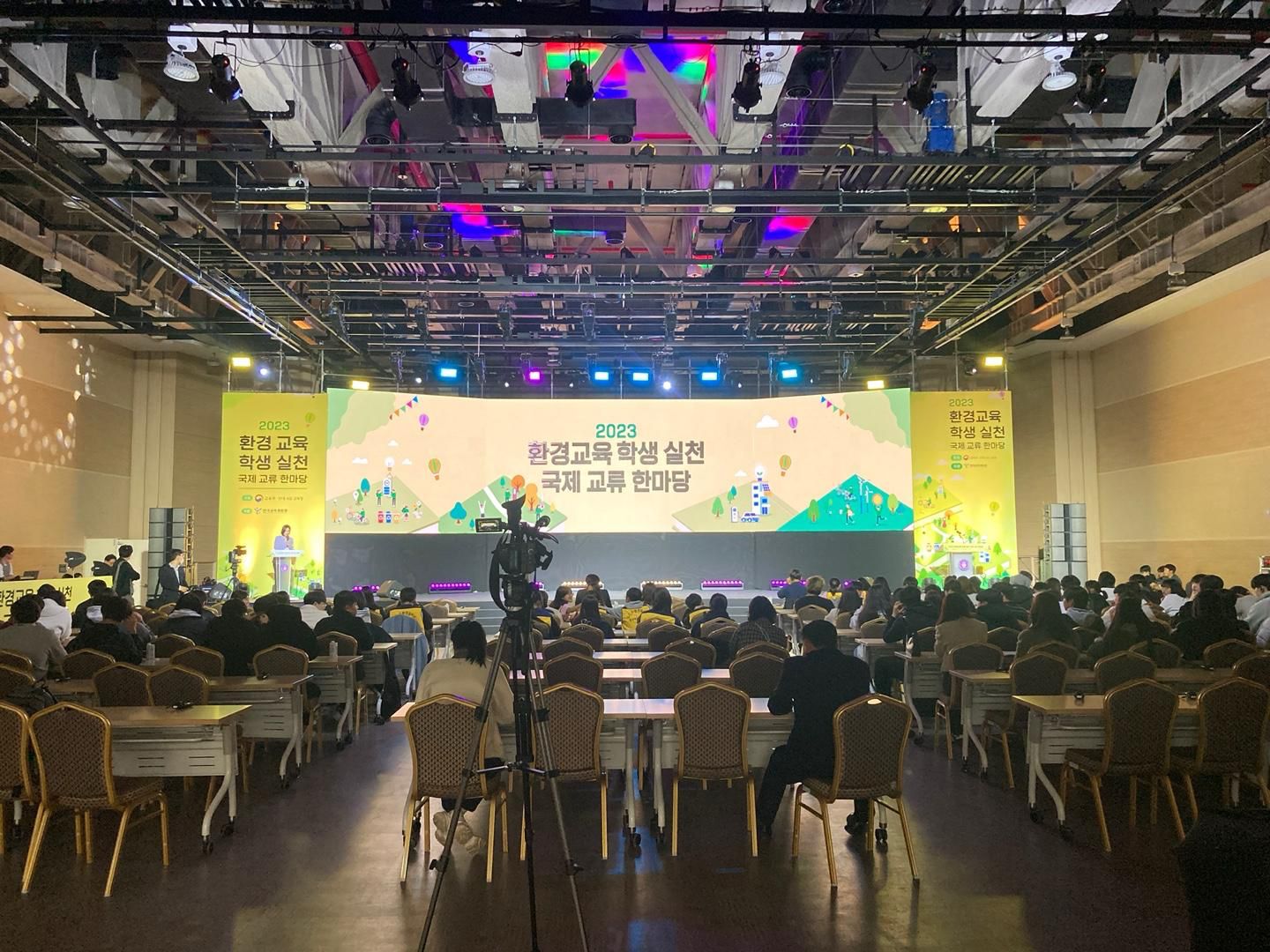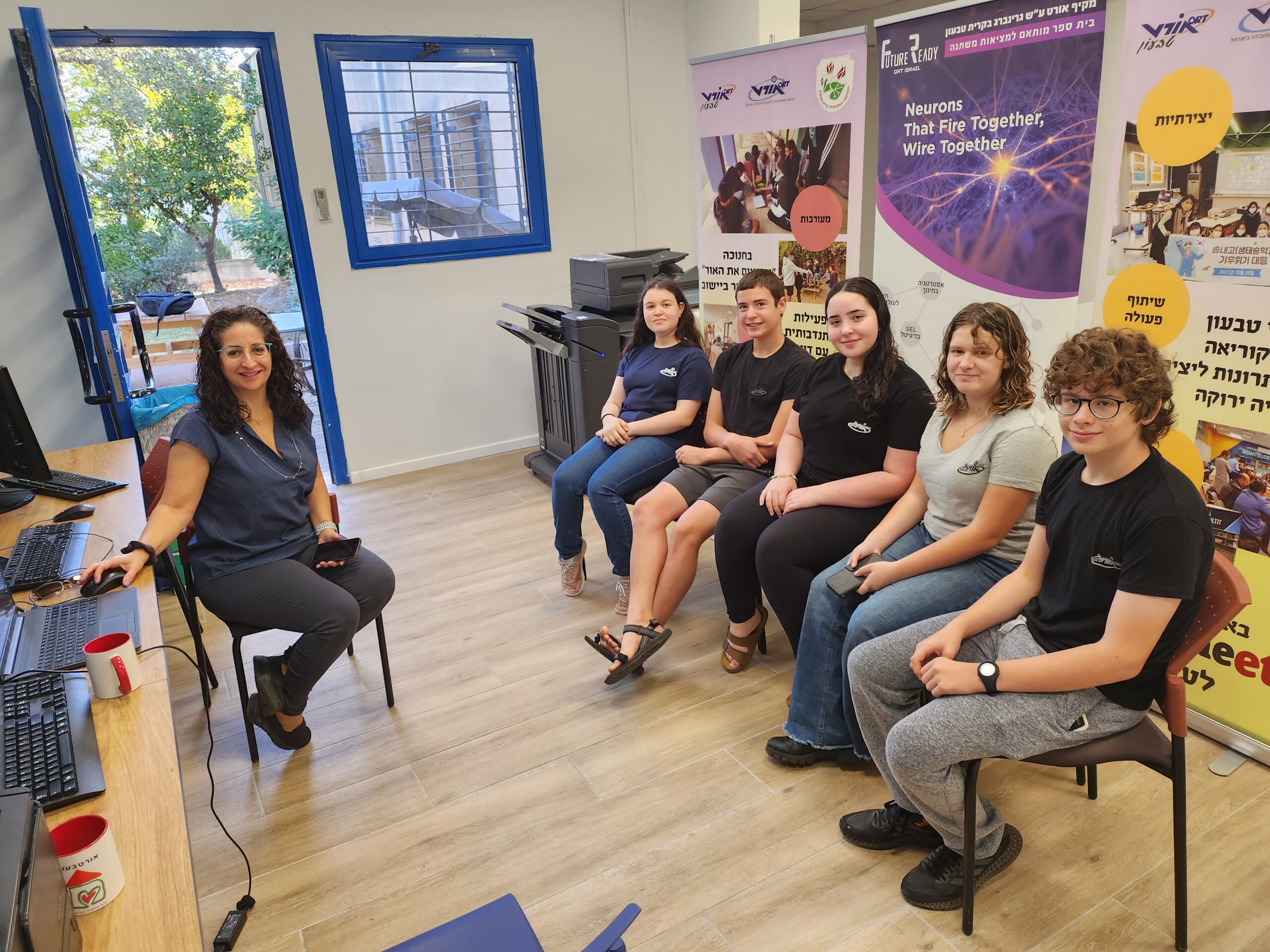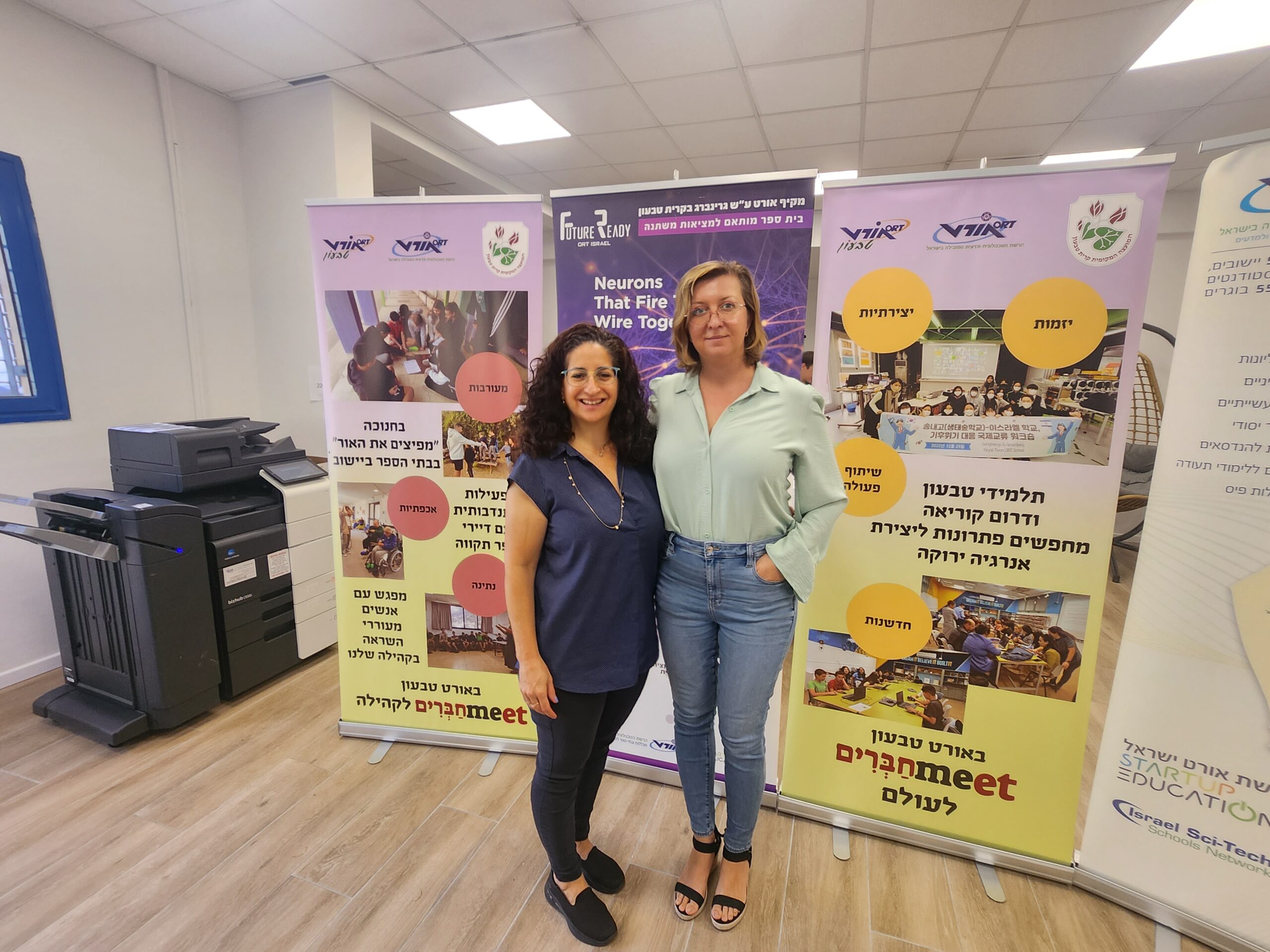In a remarkable display of global synergy and environmental consciousness, students from ORT Tivon High School recently participated in a virtual educational congress held in South Korea on November 10th. The focal point of this international gathering was ecology, bringing together students from diverse nations to exchange inventive solutions aimed at addressing environmental challenges. Prior to the event, Israeli students engaged in a cross-cultural initiative with their South Korean peers, resulting in the development of an ecological remedy for waste management during nature excursions.

Under the guidance of Meir Sander, citizenship teacher and class coordinator specializing who has specialization in the international relations and Tahel Weiss Itzhaki, the head of the Eshkol Pais center in Kiryat Tivon, Israeli students collaborated harmoniously with their South Korean counterparts to formulate an effective solution for the disposal of waste in natural settings. This collaborative effort underscored the power of global cooperation, as students from different nations pooled their ideas and perspectives to tackle a shared environmental predicament.

Throughout the congress, Korean students presented their solutions, showcasing collaborative projects developed with peers from various nations. The congress moderator conducted interviews with children from diverse countries. The virtual delegation from ORT Tivon High School proudly presented their ecological solution, describing the experience as extraordinary and exhilarating—an inaugural involvement in a cross-continental project. The students emphasized the organic and robust connections forged with their South Korean counterparts.
Beyond the academic collaboration, students highlighted the personal bonds formed during the project. Social media platforms, particularly Instagram, played a role in nurturing these connections. Students even exchanged local candies and snacks via postal mail. The cultural exchange not only enriched their understanding of each other’s traditions but also underscored the universality of the educational experience.
During the interview by the congress moderator, among many questions, the Israeli students answered the following questions:
Future Collaborations: If given the chance, what kind of activities would you like to pursue further with Korean students regarding environmental issues?
Noam Adar, one of the students, shared: “Last year, during the project with South Korea, I was developing a product with the goal of saving and recycling energy in the car market. A project of this nature demands a lot of dedication in research and requires many resources that aren’t readily available in Israel. So, the perfect project for me would be one in which South Korean students and Israeli students team collaborate to develop such product, creating a win-win situation.”
Climate Crisis Awareness: To what extent do you feel the risk and severity of the climate crisis, and how do you think you are responding?
“-You may have heard that Israel is a very hot place. Large part of Israel is a desert, and even in the winter months, temperatures usually do not drop below 20 Celsius degrees. Over the years, and as a result of the climate crisis, this situation is worsening, leading to the destruction of habitats, extreme heat in the summer months, which even makes it impossible to leave the houses, and more. Therefore, we invest a lot of effort in explaining to our friends why it is important to protect the environment and in developing products that will help combat the climate crisis.”
What does Earth mean to you? “-This is our home, our life, and that of our families, and it is our duty to protect it.”
Noam shared a key insight from the collaboration project: the realization that the world transcends individual students, schools, or even nations. The students articulated a newfound awareness of global interconnectedness, emphasizing the significance of cross-cultural experiences in broadening perspectives and fostering meaningful relationships.
At the conclusion of the congress, Itay Levy, the principal of Kiryat Tivon School, addressed the students individually, delivering a motivational speech and emphasizing the importance of building self-confidence through audacity. He stressed that it’s important to try and not be ever afraid of failure, as it is an integral aspect of the learning process, contributing to expertise and experience for future endeavors.

Ilana Allesh, the Head of International Business Development at ORT, extended congratulations to the students for their remarkable performance during an interview with the South Korean congress moderator. Allesh underscored the significance of such cross-cultural experiences in endowing children with invaluable expertise. She expressed ORT’s enthusiasm for more international activities fostering collaboration and understanding among students worldwide.

Conclusion:
The participation of ORT Tivon High School students in the South Korean education congress exemplifies the potency of international collaboration in education. Beyond academic achievements, the students gained profound insights into global perspectives, forged enduring connections, and contributed to innovative solutions for shared environmental challenges. This cross-cultural odyssey stands as a testament to the transformative impact of education in transcending borders and preparing students for a more interconnected and collaborative global landscape.
See more project photos: Kiryat Tivon Korea Project Photos